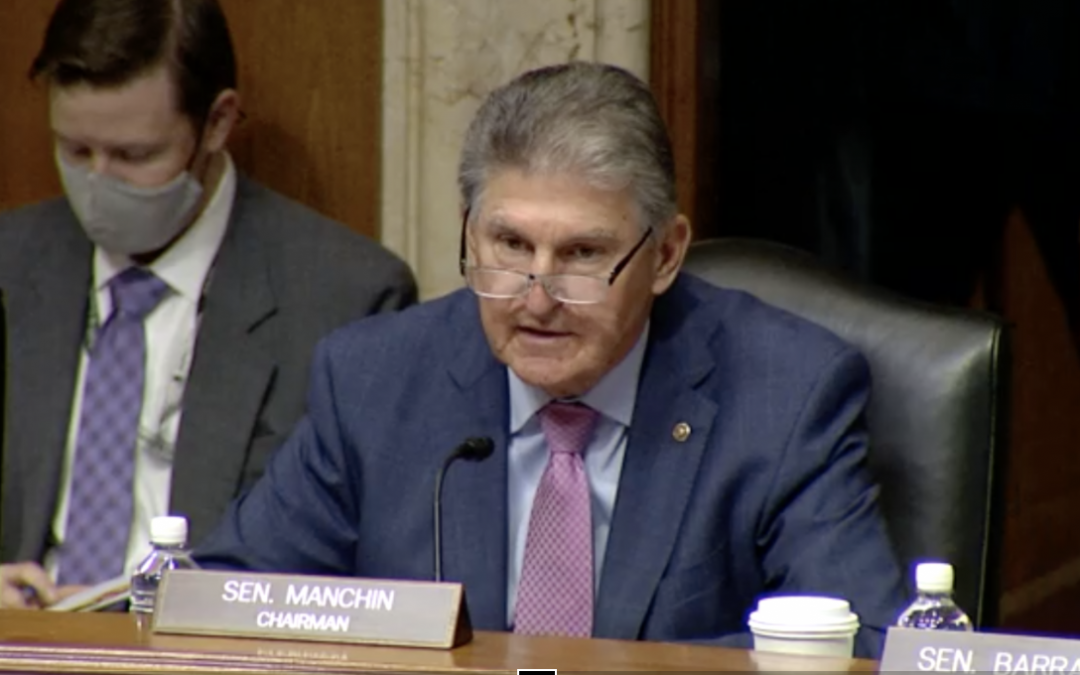WASHINGTON — The debate over raising the U.S. debt limit is poised to be one of the hottest fights to hit Washington this year, and will feature a cast of characters both widely and lesser known to investors and everyday Americans.
President Joe Biden and House Speaker Kevin McCarthy are set to play key roles — with Biden demanding a condition-free increase and McCarthy, a California Republican, insisting on corresponding spending cuts.
Senate Minority Leader Mitch McConnell, a Kentucky Republican, has put the onus of resolving the matter on Biden and McCarthy, while Senate Majority Leader Chuck Schumer, the New York Democrat, largely has echoed the Biden White House’s points about a hike without concessions.
But a chorus of other voices is emerging as Democrats and Republicans dig in on their respective positions, and the Treasury Department begins taking special measures to keep paying bills after the U.S. bumped up against its borrowing limit.
As Wall Street SPX and Washington hold their breath for a growing battle, here’s a look at some members of Congress to watch as the debate heats up.
GOP Reps. Scott Perry and Jason Smith
Rep. Scott Perry, the Pennsylvania Republican in charge of the House Freedom Caucus, said earlier this month there would be no clean increase of the debt ceiling, and other members of the Freedom Caucus appear to be behind him.
With the Freedom Caucus’ increased power within the House as a result of the prolonged speaker vote, Perry is set to be a key figure as Republicans negotiate. The GOP holds 222 seats in the 435-member House, and it takes 218 votes to approve most bills, so any deal would have a very thin margin for error.
Rep. Jason Smith of Missouri leads the powerful House Ways and Means Committee, and has said he wants his fellow Republicans to address the debt ceiling by imposing “fiscal sanity.”
“Despite federal revenues hitting an all-time high of $4.9 trillion last year, Washington still cannot keep up with its spending habit,” he said in a statement last week. “Unchecked spending will have dire consequences.”
Smith added that failing to address spending now simply punts dealing with high debt.
Democratic Sens. Ron Wyden, Joe Manchin
Many Democrats are taking the White House’s position that there should be no spending cuts in exchange for a debt ceiling hike. Sen. Ron Wyden of Oregon, the chairman of the Senate Finance Committee, said that Republicans are holding the economy “hostage” with their threats.
“The debt ceiling is not about adding new spending. It’s about paying debts that the government owes,” Wyden said in a statement. “Democrats will not entertain these threats from Republicans. … Republicans must stand down on the debt limit immediately.”
Sen. Joe Manchin, a West Virginia Democrat, is taking another tack. He told Fox Business last week he spoke with McCarthy about forming a committee to create recommendations on how to get government spending under control.
But Manchin made clear on Tuesday he also has lines in the sand when it comes to spending, calling potentially cutting Social Security and Medicare “absolutely ludicrous.”
“I’m just saying basically take that off the table, then let’s see what they present,” he said about working with Republicans. “If they have other proposals, please bring them forward.”
Bipartisan Problem Solvers Caucus
Meanwhile, a bipartisan group of lawmakers is beginning its own negotiations in the House. The group is spearheaded by Rep. Brian Fitzpatrick, a Pennsylvania Republican, and Rep. Josh Gottheimer, a New Jersey Democrat. The two are co-chairs of the bipartisan Problem Solvers Caucus.
Both also said they oppose any cuts to Social Security and Medicare but see this as an opportunity to tackle the tricky topic of spending.
“We should have a conversation about our longer-term economic and fiscal health,” Gottheimer said on Tuesday. “There are areas that are reasonable, and there are areas that are unreasonable,” he added about House Republicans’ early demands.
Gottheimer also said he’s pleased to see that Biden and McCarthy are planning to meet, even if for now the two remain far from agreement on the debt limit.
Fitzpatrick is pushing to get rid of the debt ceiling altogether, a mechanism that he said doesn’t make sense. “Defaulting is really bad, devaluing your currency is really bad, we shouldn’t have to choose between those two,” he said, lamenting the current system.
He’d prefer capping the debt at a percentage of gross domestic product, where after it breaches that point certain budgetary restraints kick in. With this, he said, everyone will have skin in the game to try to avoid a rising debt and the automatic spending reforms that come with it.
And if all these negotiations fail, Fitzpatrick has hinted recently he and a few other Republicans could work to pass a discharge petition, a way for 218 members to force a vote in the House, with Democrats. But he doesn’t expect that to be considered any time soon, calling it “the absolute last option.”
“We’re going to have a lot of meetings, we’re going to lower the temperature,” he said on Tuesday, “and try to find a solution.”


